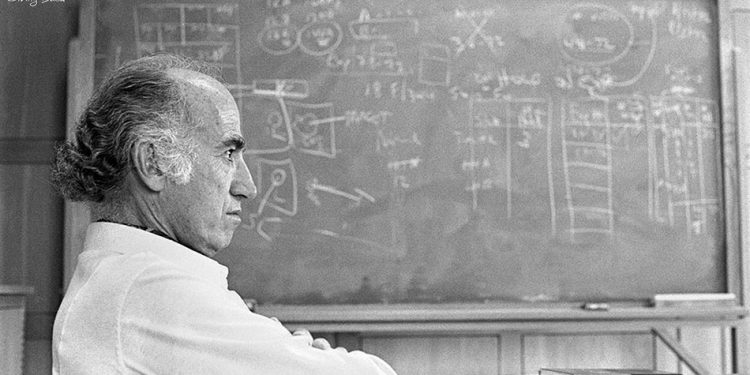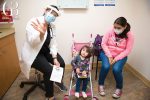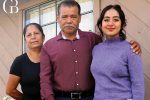Salk Institute Tackles COVID-19

In 1960, when Jonas Salk founded the Salk Institute, he was famous across the world for having developed the first safe and effective vaccine for a devastating contagious viral disease called polio. At its peak, polio paralyzed or killed hundreds of thousands of people worldwide each year. Today, polio is 99 percent eradicated around the globe.
In 2020, humanity is facing another highly infectious viral disease, COVID-19, whose long-term effects are still not known. It is difficult to ignore the parallels between the fear and tragedy COVID-19 is causing today with the fears of a prior generation who faced the polio virus, though the situations are different in many ways.
Like polio, COVID-19 exploits a vulnerability in our immune systems’ armor: because the SARS-CoV-2 virus – the novel coronavirus that causes COVID-19 – appeared in humans recently, our immune systems have no experience with the virus and sometimes have difficulty fighting it. And because SARS-CoV-2 is thought to be more infectious and deadlier than seasonal influenza, many people around the world are becoming critically ill and straining medical systems, which are not designed to handle so many additional patients simultaneously.
COVID-19 represents a perfect storm of threats requiring an unprecedented response. Scientists around the globe have been racing to find solutions in a monumentally collaborative effort, while also maintaining social/physical distancing – a challenge for work that often needs to be done in close quarters in a lab.
Even though the Salk Institute is closed to the public and many are working remotely, Salk researchers are tackling COVID-19 in a myriad of ways. A number of faculty already work in areas with direct relevance to COVID-19, including Janelle Ayres, who is studying pneumonia and acute respiratory distress syndrome (ARDS, which occurs in COVID-19 patients); Susan Kaech, who studies immunity to infections, including via vaccines; and Greg Lemke, who studies receptors that regulate the immune response and prevent the “cytokine storms” that develop in COVID-19. Additional researchers include Salk faculty Tony Hunter, whose discovery of molecular switches called tyrosine kinases led to drugs called tyrosine kinase inhibitors, several of which are in clinical trials for their ability to block activation of immune cells and potentially reduce ARDS; Dmitry Lyumkis, who investigates protein molecules made by viruses and how the insights inform the design of novel vaccines and antivirals; and many others.
The recently created Faculty COVID-19 Research Committee has given preliminary approval to ten new proposals for COVID-19 research, and several more efforts and collaborations involving Salk expertise are under way to tackle COVID-19 from various angles. A vaccine against the virus that causes COVID-19 is likely months away, but the disease is a powerful reminder of the importance of fundamental biological research, which seeks to understand at a basic level how living and nonliving things function.
Foundational research into the fundamental underpinnings of biological processes – such as in infectious disease, cancer, aging, metabolism, neuroscience, plant biology and more – is a kind of insurance policy against future health threats, both known and unknown. Jonas Salk did not develop the polio vaccine out of the blue in 1955; for many years before he developed his vaccine, Salk had been studying the influenza virus. It was the critical insights he gained by developing a vaccine for influenza that later allowed him to conquer polio.
“We are confident that scientific endeavors across the world will help mitigate this public health crisis and prevent further tragedies,” Rusty Gage, Salk President and Professor shared with GB Magazine.
www.salk.edu/the-power-of-science





